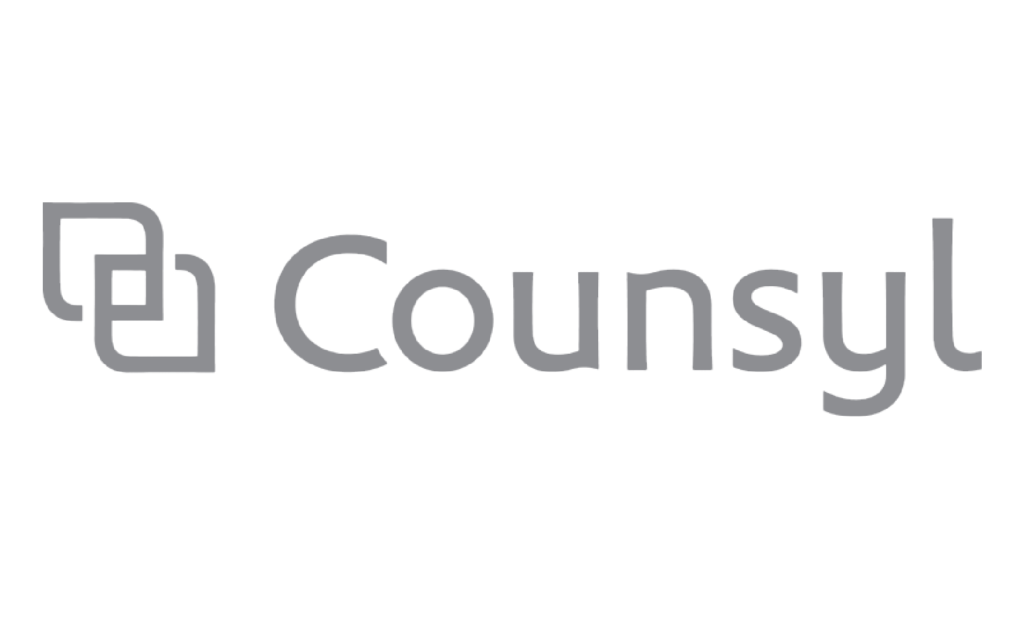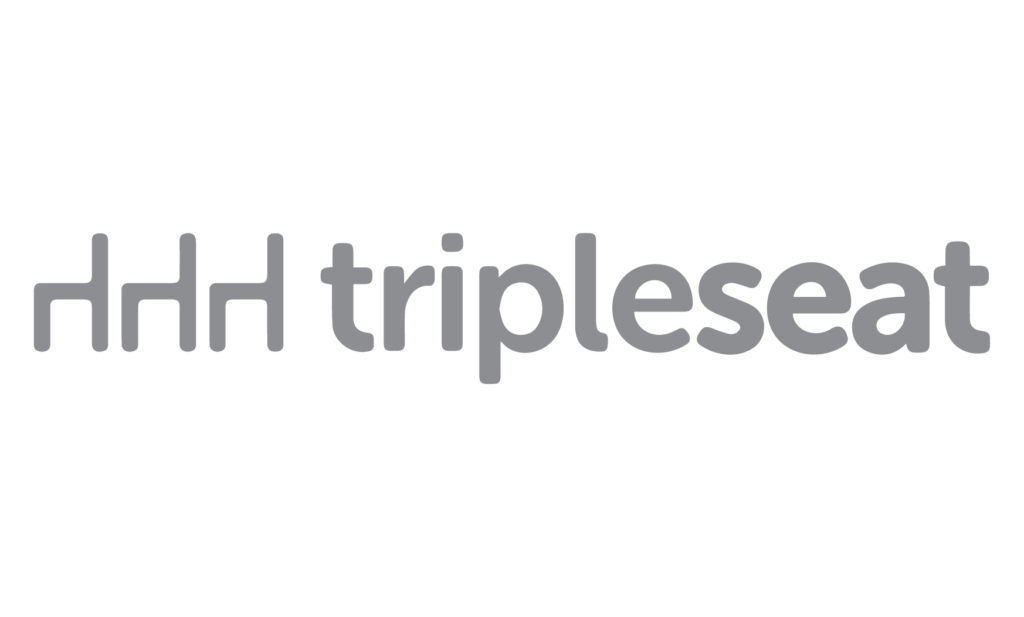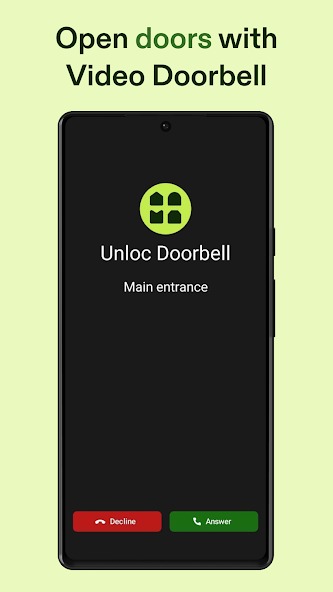Hospital Management System
Hospital management software development services to Improve patient Care, automate workflows, and enhance financial performance.
The HRM software market has been experiencing significant growth globally, driven by the increasing adoption of technology for HR processes, the rise of remote work, and the need for efficient workforce management solutions.
There has been a shift towards cloud-based HRM software solutions, offering greater flexibility, scalability, and accessibility for businesses of all sizes. Cloud-based platforms also enable remote access, real-time data updates, and seamless integration with other business systems.
HRM software development has been increasingly incorporating artificial intelligence (AI) and automation capabilities. These technologies are used for tasks such as resume screening, candidate sourcing, employee engagement analysis, performance evaluations etc.
Doctor’s Portal
- Patient Records Access
- Appointment Scheduling
- Medical History View
- Prescriptions and Medication Orders
- Treatment Plan Documentation
- Test and Lab Results Access
- Communication with Patients
- Billing and Invoicing
Patient’s Portal
- Appointment Booking
- Access to Medical Records
- Prescription Refill Requests
- Test Results Viewing
- Communication with Healthcare Providers
- Bill Payment and Invoicing
- Health Tips and Resources
- Appointment Reminders
Radiology Management
- Patient Scheduling
- Image and Report Storage
- Diagnostic Imaging Orders
- Radiology Workflow Management
- Report Generation
- Image Viewing and Interpretation
- Integration with PACS
- Billing and Invoicing
Pathology Management
- Test and Sample Tracking
- Sample Collection and Barcode Generation
- Pathology Report Generation
- Integration with Laboratory Instruments
- Test Result Interpretation
- Sample Storage and Retrieval
- Billing and Invoicing
- Electronic Health Record (EHR) Integration
Account Management
- Patient Billing and Invoicing
- Insurance Claims Processing
- Financial Reporting
- Expense Tracking
- Revenue Cycle Management
- Accounts Receivable and Payable
- Budgeting and Financial Planning
- Audit Trail and Compliance Tracking
Reception Portal
- Patient Registration
- Appointment Scheduling
- Check-In and Check-Out
- Visitor Managementt
- Front Desk Dashboard
- Queue Management
- Document Scanning and Storage
- Payment Processing
NEED HOSPITAL MANAGEMENT SYSTEM SERVICES
Innovate with mobile app solutions with us, reach us to get started
BENEFITS OF HOSPITAL MANAGEMENT SYSTEM SERVICES
01
Building Right Team
Hiring the right team maximizes revenue, enhances profitability and optimizes operations.
02
Training And Development
Increases the value of the employees and their capabilities. By educating, the training we promote best practices.
03
Connecting With Clients
The library of react-native empowers experts to enable them to develop a server request.
04
Performance Management
Once the employees are on board then performance management becomes essential.
Why Choose Digital Brain Media?
Get a Free Quote
Innovate with mobile app solutions with us, reach us to get started
CASE STUDIES
OPTIMIZE YOUR BUSINESS PROCESSES
Innovate with mobile app solutions with us, reach us to get started
HOSPITAL MANAGEMENT SYSTEM INSIGHTS
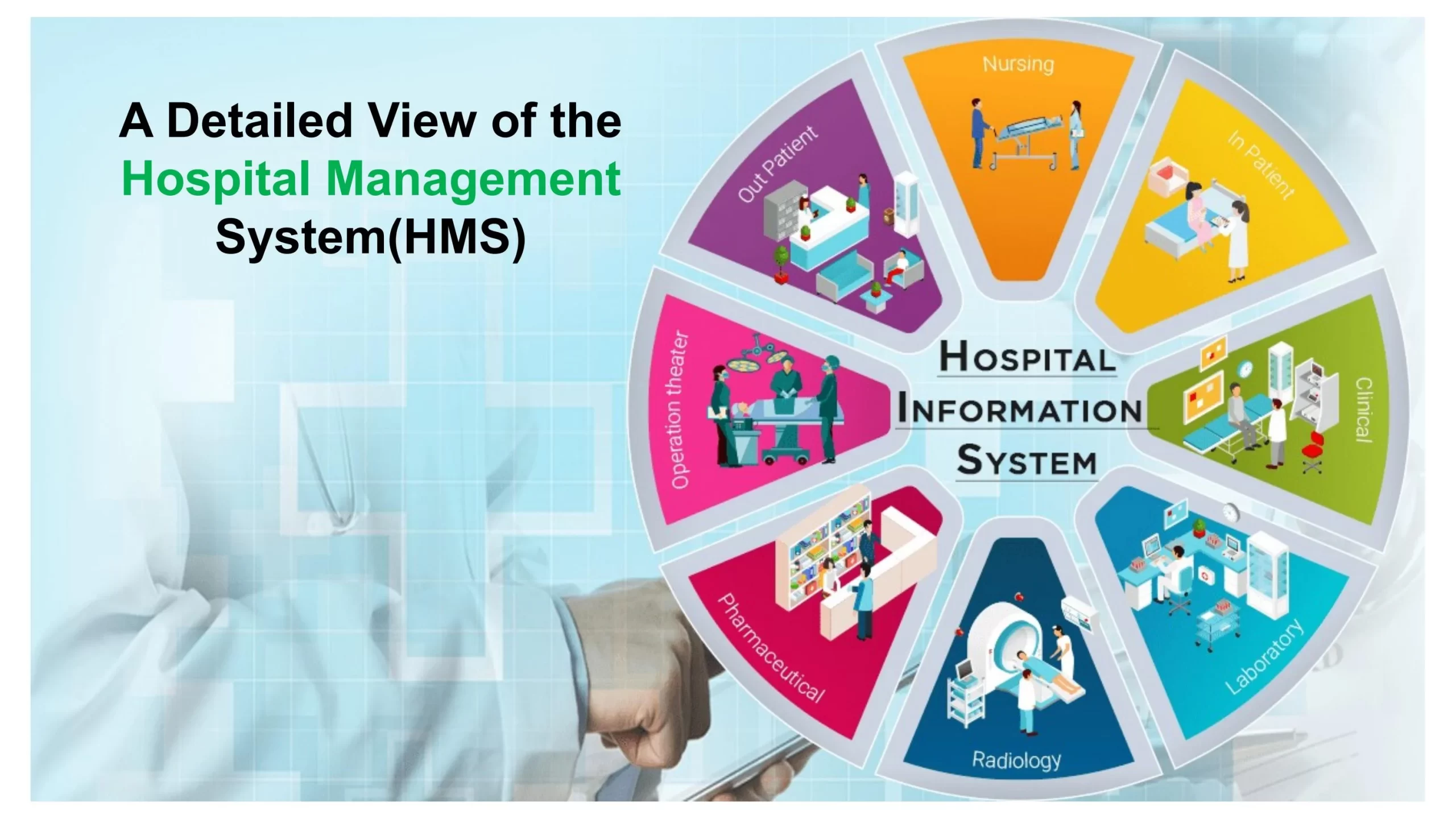
Security best practices for web and mobile app development
We have worked upon different projects and with wide strategies. We ensure to assist you with all of your ideas and grow with all challenges.
Security best practices for web and mobile app development
We have worked upon different projects and with wide strategies. We ensure to assist you with all of your ideas and grow with all challenges.
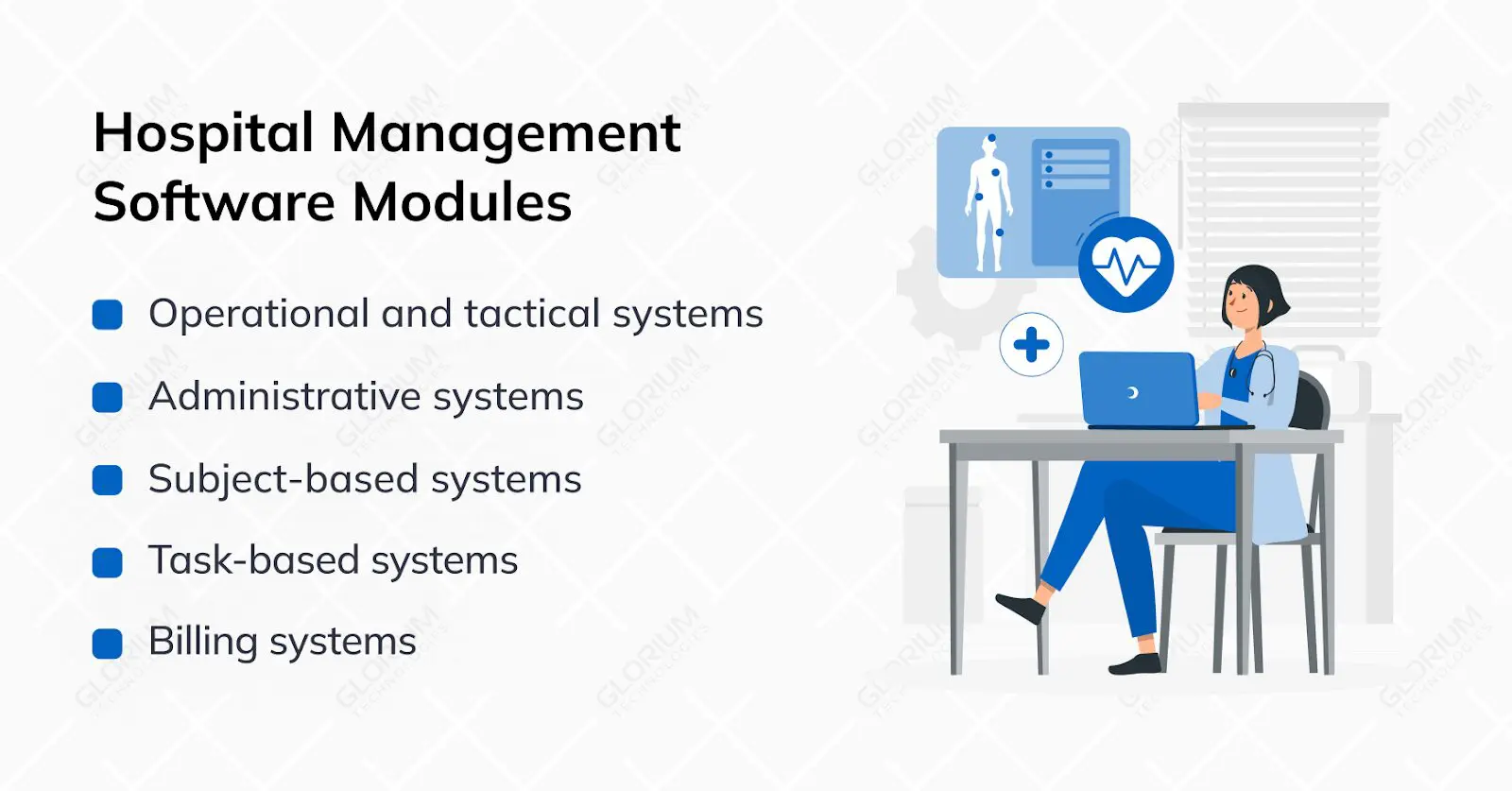
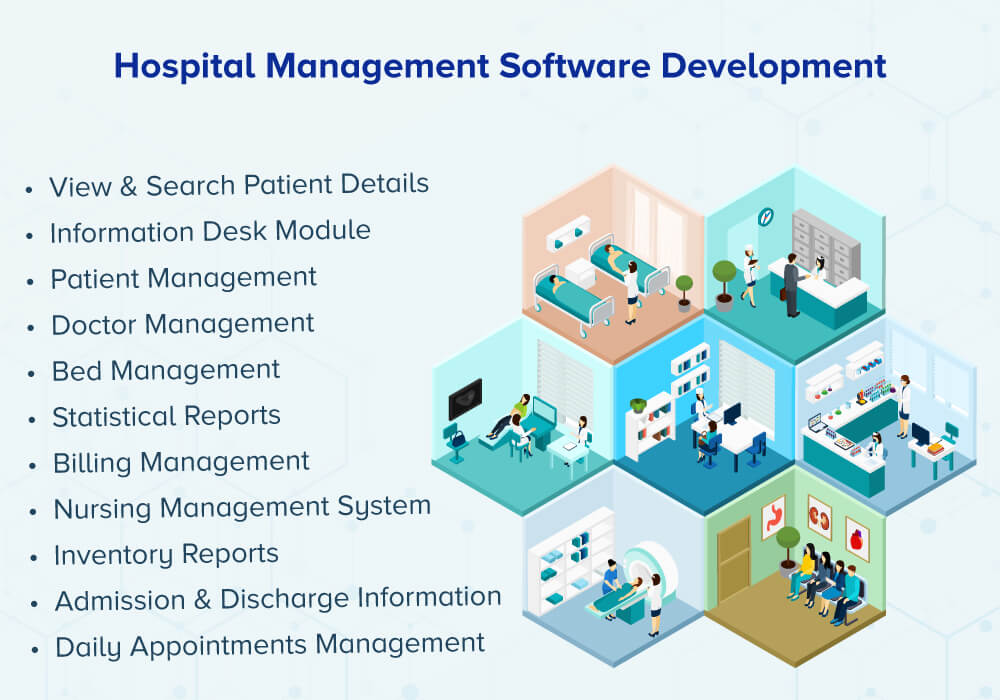
How to make React web SEO-friendly and why you need it
We have worked upon different projects and with wide strategies. We ensure to assist you with all of your ideas and grow with all challenges.
FAQ
A Hospital Management System (HMS) is a software solution designed to streamline and automate various administrative and clinical processes within healthcare organizations. It is essential for enhancing patient care, improving operational efficiency, and ensuring compliance with healthcare regulations.
A comprehensive HMS typically includes modules for patient registration, appointment scheduling, electronic health records (EHR), billing and invoicing, inventory management, laboratory information system (LIS), and pharmacy management, among others.
HMS software enables healthcare providers to access patient records, medical histories, and treatment plans quickly. It also facilitates timely communication among healthcare professionals, leading to better coordination of care and improved patient outcomes.
Yes, many HMS software solutions offer customization options to adapt to the unique requirements and workflows of different healthcare facilities. Customization can include adding or modifying features and reports.
Data security and compliance are top priorities for HMS software. It typically includes encryption, role-based access control, audit trails, and compliance with regulations such as HIPAA (in the U.S.) and GDPR (in Europe).
HMS software is often web-based and can be developed using technologies like Java, .NET, Python, and databases such as MySQL, PostgreSQL, or NoSQL databases. Cloud-based HMS solutions are also prevalent.
Data security and compliance are top priorities for HMS software. It typically includes encryption, role-based access control, audit trails, and compliance with regulations such as HIPAA (in the U.S.) and GDPR (in Europe).
Yes, integration capabilities are important for HMS software. It can integrate with electronic health record (EHR) systems, laboratory systems, radiology systems, and more to create a seamless healthcare ecosystem.
Reputable HMS software providers offer training and ongoing technical support to ensure healthcare staff can effectively use the system. Training may include user manuals, webinars, and on-site support if needed.
Implementation timelines vary based on the complexity of the project and the size of the healthcare facility. Smaller facilities may implement an HMS in a few months, while larger hospitals may take longer.


